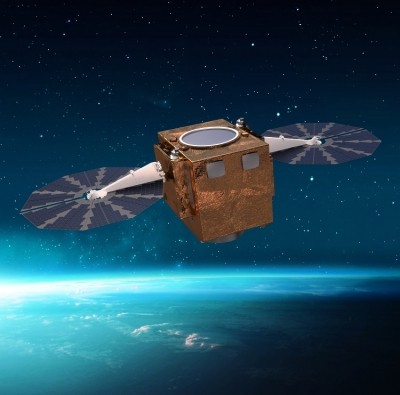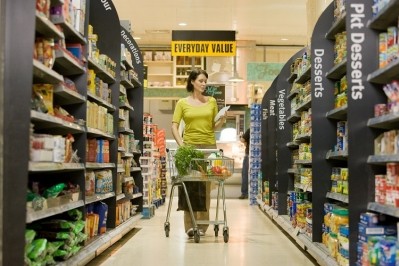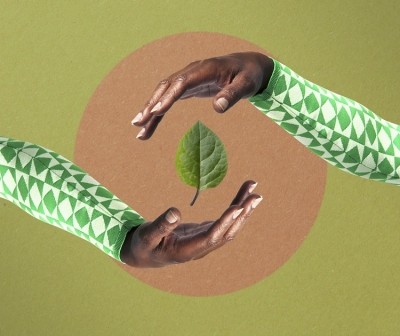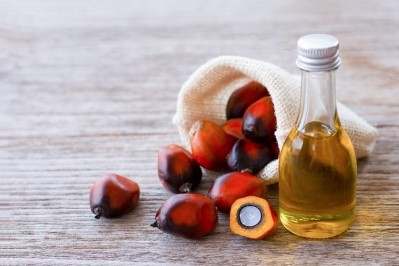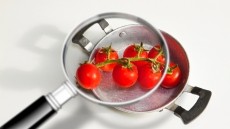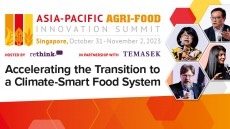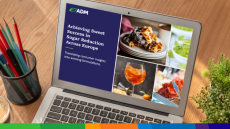Food companies braced for cost challenges and paperwork as landmark deforestation law is passed
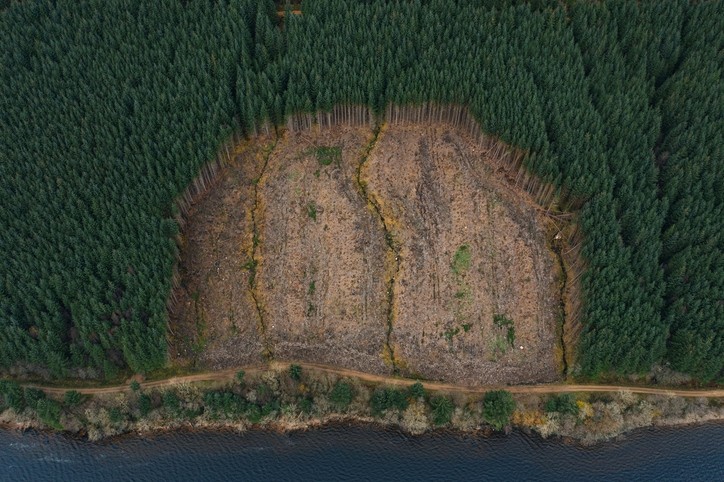
It is the first time agricultural and forestry companies will have to show that a host of products are deforestation-free in order to import and trade them in the bloc. The regulation covers imports of seven commodities. Both imports and exports of these products add up to €85bn in trade. Five food commodities are in scope: soy, coffee, palm oil and beef. Soy is the largest, with an EU import value of €14 billion in 2021.
Regulation is likely to come into force in the second half of 2023. Companies will have to submit ‘due diligence’ reports showing they have taken the proper steps to verify the origins of their products while also complying with countries’ local regulations on human rights and impacts on Indigenous people. The regulation obliges companies to ensure that goods that enter or exit the EU market don’t originate from land that has been deforested after 31 December 2020. To comply, they need to be able to trace the commodities and products back to the plots of land where they were produced.
How will it be enforced?
Authorities in the EU member states will be responsible for the inspection of incoming goods to check they are compliant. These bodies will have access to relevant information provided by the companies, such as geolocation coordinates. They will conduct checks with the help of satellite monitoring tools and DNA analysis to check where products come from. The UK, meanwhile, has introduced a due diligence law through the Environment Act 2021, which requires companies that use forest-risk commodities to conduct due diligence to ensure their products are free of illegal deforestation and conversion.
According to the EU, penalties for non-compliance will be “proportionate and dissuasive”. The maximum fine must be at least 4% of the total annual turnover in the EU of the non-compliant operator or trader.
The law was adopted with 552 votes to 44 and 43 abstentions. MEP Christophe Hansen said: “Until today, our supermarket shelves have all too often been filled with products covered in the ashes of burned-down rainforests and irreversibly destroyed ecosystems and which had wiped out the livelihoods of indigenous people. All too often, this happened without consumers knowing about it. I am relieved that European consumers can now rest assured that they will no longer be unwittingly complicit in deforestation when they eat their bar of chocolate or enjoy a well-deserved coffee. The new law is not only key in our fight against climate change and biodiversity loss, but should also break the deadlock preventing us from deepening trade relations with countries that share our environmental values and ambitions.”
Environmental campaigners welcomed the new law, which first put forward by the EU Commission in November 2021. Michael Rice, lawyer, ClientEarth said: “The EU’s deforestation law is one of the biggest forward steps to date in the fight to protect the world’s forests. Today’s vote gives hope that we can turn the tide against environmental destruction and the harm it causes to Indigenous Peoples and forest communities.”
The EU has created “a new gold standard for forest protection on paper”, he added. He warned that EU member states must now upgrade their existing enforcement architecture so that the strength of the law is not lost in practice.
There has been some push back against the legislation in producer countries. “The regulation is a deliberate effort to increase costs and barriers for Malaysia’s palm oil sector, including more than 450,000 smallholders,” said the Malaysian Palm Oil Association. “This ultimately would increase poverty, reduce household incomes and harm our rural communities – outcomes that stand in stark contrast to the EU’s commitments outlined in the UN Sustainable Development Goals.”
Indonesia’s Ambassador to Germany went as far as to accuse the new EU Deforestation Regulation (EUDR) as constituting a new form of colonization, owing to troves of data that will now have be submitted to the EU based on ‘literally millions’ of locations, crops and harvest rates.
“The EUDR does not provide a legal basis for the protection of data privacy of millions of hectares from foreign farmers, and this data is at the risk of arbitrary use by the EU, including selling it to a third party of sharing it with difference countries for many purposes, including intelligence,” said Ambassador Arif Havas Oegroseno. “Forcing foreign farmers to surrender their data privacy to the EU is a violation of fundamental human rights, even with the EU’s own standards,” he said. “Realizing that the Global South and its smallholder farmers are being targeted by the EUDR, the nagging question is: Does the EU want to recolonize them again?"
The challenge of knowing your indirect suppliers
The new legislation will impact many food companies in some way. Requirements to trace commodities back to their origin can cause practical challenges, push up costs and create a need to find alternate suppliers, according to ING Economist Thijs Geijer.
“There will be both one-off and recurring costs for companies to assess risks and monitor supplies,” he wrote in a report. “The European Commission estimates that the one-off costs for companies to set up due diligence would range from between €5,000 and €90,000. Recurring costs will largely depend on the complexity of the supply chain.”
Many companies won’t be starting from scratch of course. Large corporates generally have a good overview of their direct suppliers and first-tier risks. For example, commodities trader Bunge claims to be able to trace all of its soy purchases from direct suppliers back to their origin, and chocolate producer Barry Callebaut claims to know the geographic coordinates of 80% of its direct suppliers of cocoa.
Finding information on indirect suppliers will also be required if companies want to sell that part of their merchandise in the EU. This will be particularly challenging. “Given that large corporates can easily have tens of thousands of indirect suppliers, it is going to be quite a challenge to know every supplier and sometimes it will not be possible to obtain the required information,” said Geijer.
The legislation is expected to be less detrimental to others, for example those that have already taken steps to identify sourcing within their supply chains. And while it is feared it will push up feed costs for pig and poultry farmers, it will support those EU farmers growing those commodities in scope, such as soy and rapeseed.
“In general, it can also weaken the position of the EU as a trading hub for food commodities such as coffee as some flows might go straight from producer countries to end markets without making a stop in the EU,” added the economist.
“All in all, one of the major aims of this regulation is to make sure that negative external effects of food production such as carbon emissions and biodiversity loss are better reflected in the price of food. Such steps are inevitable in the context of the ongoing climate crisis. In the years ahead, food companies shouldn’t be surprised to see more policies in this field as countries step up their efforts to curb climate change.”
